Society
Philosophy


Looking around and experiencing the suffering and injustice in the world can make it difficult to believe that happiness exists. But the Judeo-Christian tradition teaches that it’s sinful to succumb to despair, and we have a responsibility to ourselves and others to try and find our way through dark times. On the other hand, when you avoid suffering, you avoid meaning, and...

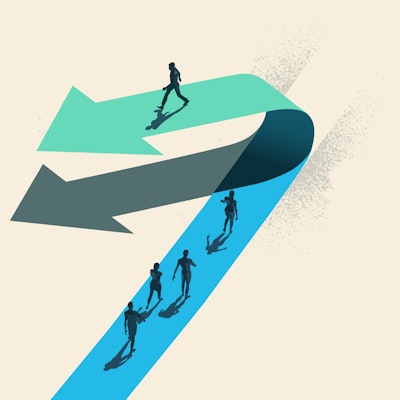
Sir Ken Robinson believed that as a society, we tragically underestimate and underutilize human ability. We create linear systems for our minds modeled on industry and manufacturing, and we fail to honor the nonlinear imagination and creativity inside all of us.
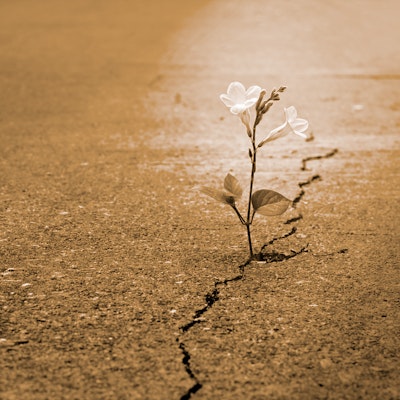

Hope seems like a simple concept, but the feeling can be difficult to hold onto. And when times are difficult and chaos swirls around us, it’s more important than ever. How do we find and practice hope when it’s elusive? Spiritual and religious leaders rely on centuries of experience and wisdom to continually guide people back to hope, and this episode’s discussion from th...


Death is understandably difficult – and for some people, nearly impossible – to conceive of and talk about. Especially our own. It may seem like there’s nothing we can do to prepare for our last moments on earth, but several innovative panelists at the 2023 Aspen Ideas Festival would disagree. Alua Arthur is a “death doula,” who helps people find peace with themselves when...


For years, Yale undergraduate students have lined up to take a wildly popular course called Life Worth Living. Bucking the highly competitive tone you might expect at an Ivy League school, the class teaches students to look beyond traditional markers of success for deeper meaning. Theology professor Miroslav Volf is one of the co-teachers, and also one of the co-authors of...

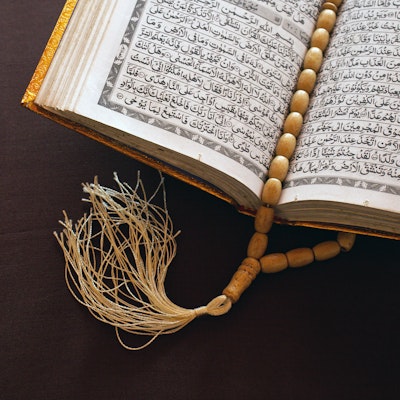
The United States is a more secular society than many, and the percentage of people who don’t identify with organized religion is rising. Some of the impacts from that shift might be obvious, such as declining membership in congregations or decreased support for religious organizations and institutions. But some of the consequences are less obvious. How do we change as peo...


Actor Rainn Wilson had his dream job on the hit TV show “The Office,” but was still being kept up at night by anxiety, depression, and life’s big unanswerable questions. He went on a quest to discover the world’s spiritual teachings, reading all the holy books of the world’s major religions. For several years, he researched and pondered concepts like truth, love, free will...


We could look at people who veer off society’s dominant tracks into moral gray zones as simply bad, or damaged, or living the consequences of bad choices. But from the inside, people always have reasons for doing what they do, and when all the cards are on the table, morality can become murkier. New Yorker writer Patrick Radden Keefe is fascinated by what drives people who...


So much of adult life is about learning the rules and then using those rules to navigate the world. We become certain that we know what we know — that we’re right, and we’re safer and more secure that way. But certainty, argues neuroscientist Beau Lotto, might actually be one of society’s biggest sources of emotional and physical unwellness. Certainty causes us to have les...


Are we experiencing a “crisis of connection"?” Fifty-four percent of American adults report that not a single person knows them well. Our political and social divisions are at the forefront of public life right now, and distrust is widespread. New York Times columnist David Brooks is on a mission to spread the skills of deep listening and engaged conversation, which lead t...


Current political fault lines are fracturing American society as people grow farther apart from one another due to differing beliefs and opinions. We often see people we disagree with as caricatures, and think we can never reconcile our differences. Yet despite that sense of contradiction we are much closer to each other than we think. To bridge the divide, we have to stre...


How is social justice best pursued in a time when America is facing a reckoning on race? In today's cancel culture, many believe making the world a better place means banishing some opinions from the public sphere. John McWhorter, associate professor of English at Columbia University, says this censorious mindset threatens the value of free speech. McWhorter, a linguist an...


Most Americans see religious freedom as an important right. Yet how that freedom is defined and applied isn’t consistent, and efforts to safeguard the religious freedom of some may be discriminatory for others.


Writers Tara Westover and Sarah Smarsh say the damaging stereotypes of people living in rural America need to be stamped out.


How can such deeply faithful citizens support a president whose behaviors and values don’t exactly match up to traditional Christian mores?


No amount of determination can stop bad things from happening, says Kate Bowler, a scholar of Christianity and stage IV cancer patient.

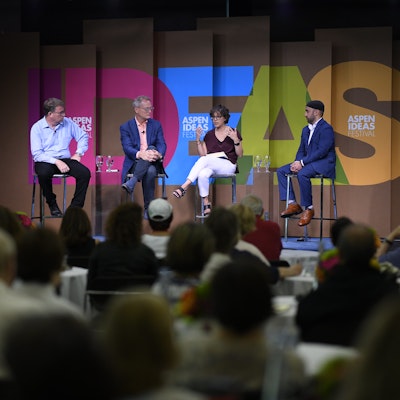
Shira Stutman is senior rabbi at a historic synagogue that’s doing innovative things.


For centuries the human race has been grappling with how to live a moral life.


How is creativity cultivated in childhood?

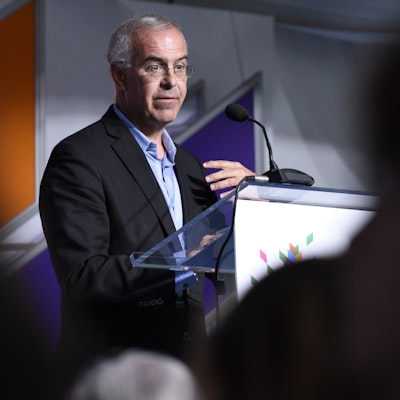
New York Times columnist David Brooks explores a life well lived. In this episode he examines happiness and commitments.





